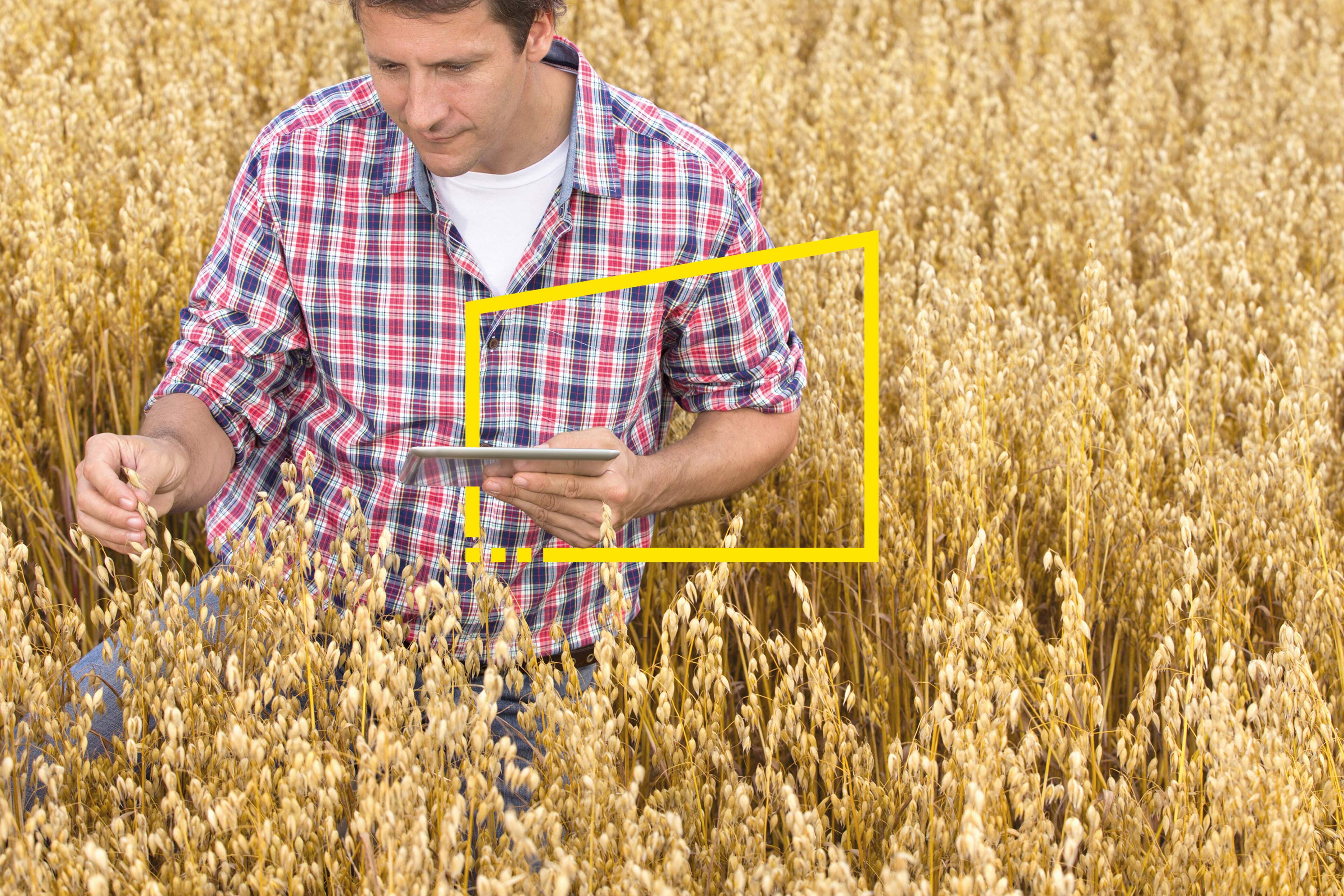EY refers to the global organization, and may refer to one or more, of the member firms of Ernst & Young Global Limited, each of which is a separate legal entity. Ernst & Young Global Limited, a UK company limited by guarantee, does not provide services to clients.
As emerging technologies disrupt the future as we know it, there may even be potential to change the way humans eat.
Jeff Wong, EY Global Chief Innovation Officer, recently interviewed Matt Barnard, Co-Founder and CEO of agricultural technology company Plenty. After growing up on a farm in Wisconsin, and later becoming interested in technology and water efficiency, Matt founded Plenty to focus on bringing agricultural produce back to what it used to be: crave-able, fresher, healthier, cleaner, without pesticides, more local and more resource efficient.
Matt’s passion for agricultural innovation through technologies such as hydroponics, vertical growing, and complex data and machine-learning monitoring systems for crops could help change the future of feeding a healthy world. In his interview with Jeff, Matt explores his outlook and how he thinks about the future and innovation.
Plenty is changing the future of farming and improving the quality and availability of food. The successful agtech start-up is selling out of goods, while at the same time, making the world a better place.
Business leaders can practice inclusive growth by extending the opportunities and benefits of new innovations to other members of society.
Innovation requires thinking beyond short-term constraints to how businesses and societies need to do things differently in six months, three years, 10 years and beyond. Innovation means evaluating external forces that are changing our world, and evolving to anticipate those needs.
This interview should remind business leaders that they can practice inclusive growth by extending the opportunities and benefits of new innovations to other members of society.
Summary
Innovating for the good of everyone can help build a better world.
Digital agriculture: enough to feed a rapidly growing world?
New technology gives the agricultural industry an opportunity to improve productivity. But only if it can share and use the data.




